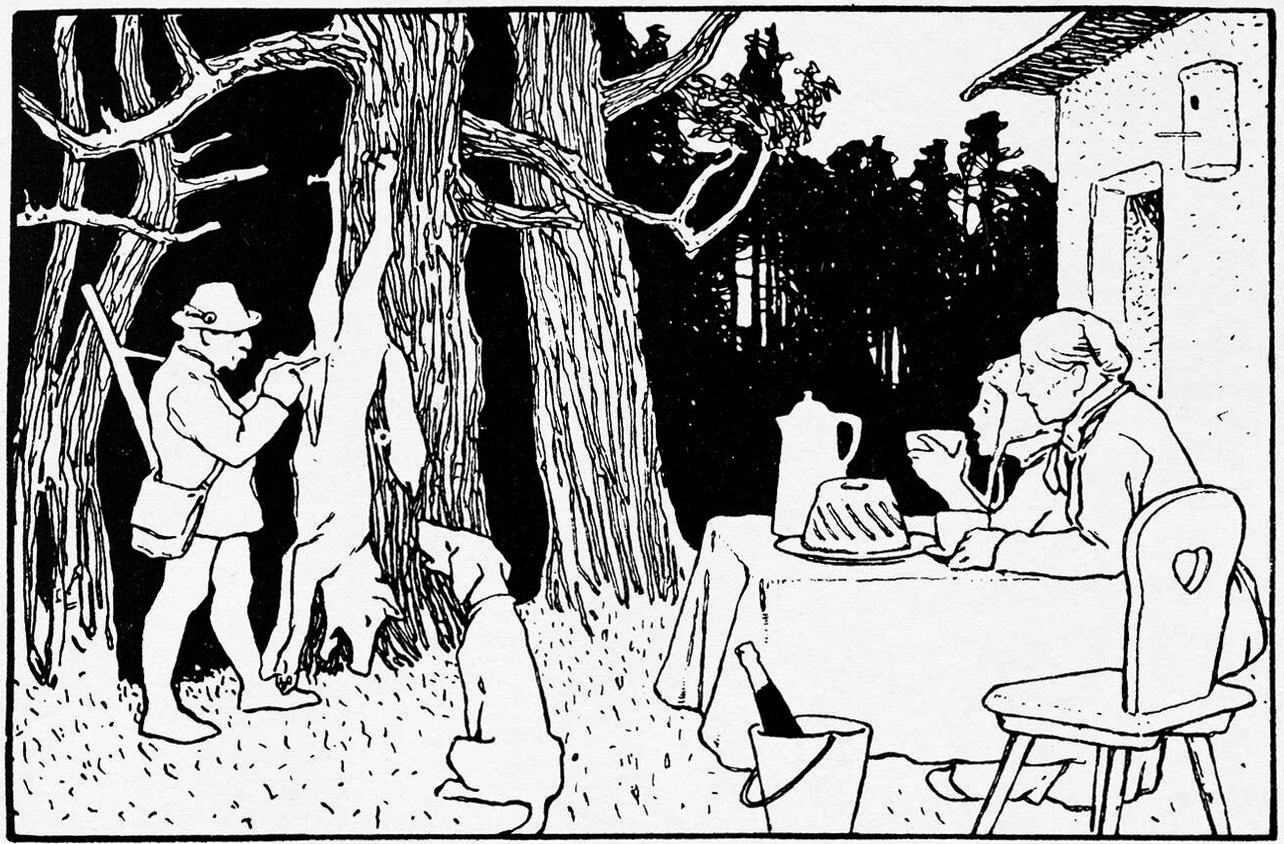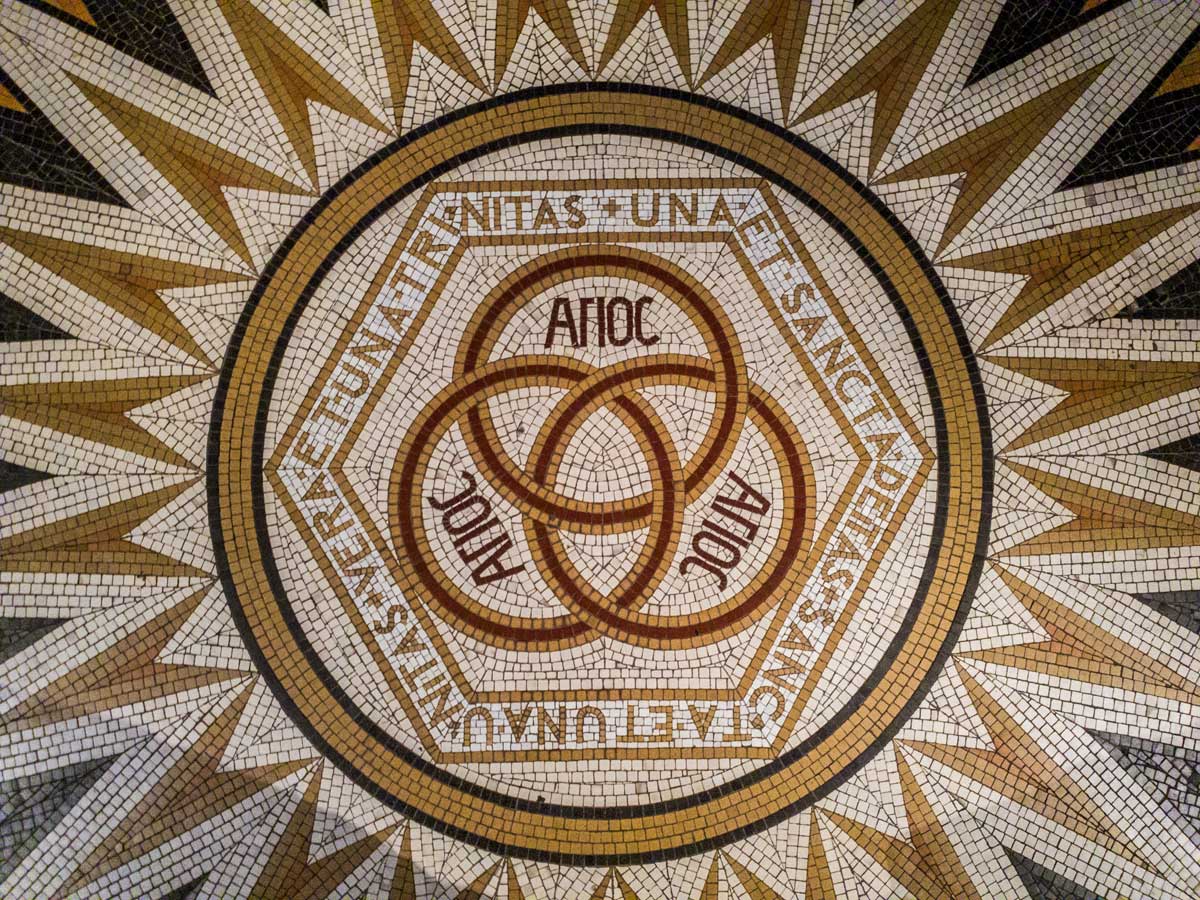View
A New Pope for Gideon
Kevin Raedy on Captain Kirk, Contraception & Christian Tradition
I am not a Trekkie. I do not own a set of Vulcan costume ears, I cannot speak a word of Klingon, and I've never endured a book-signing queue in pursuit of an autograph from William Shatner.
I will confess, however, that, for me, the original Star Trek program that aired in the late 1960s still holds its allure, and some time ago I found myself locked in, as if by tractor beam, to an episode that I'd seen before.
To be honest, I've seen them all—most of them more than once. But those viewings took place before I became theologically aware. As this particular rerun unfolded, I was surprised—and somewhat amused—to find myself witnessing what appears to have been Hollywood's real-time response to Pope Paul VI's 1968 encyclical, Humanae Vitae.
Not surprisingly—it was, after all, the late sixties—the tone and content of the commentary offered by Starfleet's band of galaxy-hopping explorers is quite dim. Today, nearly fifty years since the original airing of that episode, contraception has become an unquestioned norm. Access is treated as an entitlement, and those who oppose the current state of affairs find themselves an easy target for ridicule.
The more salient and more disconcerting phenomenon, however, is that the vast majority of Christians, including Catholics, have, over that same fifty years, allowed themselves to be assimilated into society at large on the issue of contraception. It's well past time for Christians of all stripes to ponder more carefully the origins and consequences of what has become a de facto Christian sanctioning of contraception, and to consider whether an end to that detour is in order. The contours of the path that leads out of the morass may not be self-evident, but the journey forward begins with a look backwards, into our past.
The Tale of the Gideonites
The Star Trek episode is called "The Mark of Gideon." It is the story of a germ-free planet—Gideon—that was once a paradise where inhabitants thrived in corporeal and spiritual perfection. Over time, however, the absence of disease conspired with the Gideonites' deeply ingrained respect for life—one that precluded contraception, sterilization, and abortion—to produce a case of suffocating overpopulation.
Captain Kirk, the viewer learns, has been pegged by the Gideonite leadership as the unwitting solution to their problem (he is the "mark" of Gideon). Although cured of a potentially lethal illness he once contracted, his blood carries vestiges of the disease—microorganisms that can be extracted and introduced into selected individuals as a means of reducing the population and restoring the planet to the paradisiacal flourishing that its inhabitants once enjoyed.
To execute their stratagem, the Gideonites trick Kirk into beaming down to the transporter room of an exact, full-scale replica of the interior of the starship Enterprise, leaving him under the impression that he remains on his own ship while the entirety of his crew has disappeared. As he weaves his way through the corridors of the empty "ship," searching for clues and attempting to unravel the conundrum in which he finds himself, Kirk stumbles into his obligatory encounter with this episode's attractive, scantily clad, female guest character.
Odona, a Gideonite, has, in martyr-like fashion, voluntarily submitted to contraction of the disease Kirk carries as part of a larger plan in which her sacrificial action will inspire others to do the same. She is dispatched into the cloned ship to dramatize to Kirk the desperation of their situation so that, once wise to the deception, he may nonetheless acquiesce to their plans and choose to remain on the planet as a ready source of the sickness that will allow Gideon to reduce its population.
When Odona begins showing symptoms of the illness (the Gideonites' scheme provided for the surreptitious extraction of a sample of Kirk's blood), Hodin, Gideon's ambassador and Odona's father, enters the replica and reveals to Kirk the ruse to which he has been subject. An angry exchange follows in which Hodin explains that the simultaneous increases in lifespan and live births have left the planet so heavily populated that the people of Gideon "can find no rest, no peace, no joy."
Kevin Raedy holds MTS and ThM degrees and writes from Hillsborough, North Carolina, where he lives with his wife and two children. He has published in the journal Nova et Vetera and at Aleteia.org.
subscription options
Order
Print/Online Subscription

Get six issues (one year) of Touchstone PLUS full online access including pdf downloads for only $39.95. That's only $3.34 per month!
Order
Online Only
Subscription

Get a one-year full-access subscription to the Touchstone online archives for only $19.95. That's only $1.66 per month!
bulk subscriptions
Order Touchstone subscriptions in bulk and save $10 per sub! Each subscription includes 6 issues of Touchstone plus full online access to touchstonemag.com—including archives, videos, and pdf downloads of recent issues for only $29.95 each! Great for churches or study groups.
Transactions will be processed on a secure server.
more on culture from the online archives
more from the online archives
calling all readers
Please Donate
"There are magazines worth reading but few worth saving . . . Touchstone is just such a magazine."
—Alice von Hildebrand
"Here we do not concede one square millimeter of territory to falsehood, folly, contemporary sentimentality, or fashion. We speak the truth, and let God be our judge. . . . Touchstone is the one committedly Christian conservative journal."
—Anthony Esolen, Touchstone senior editor














